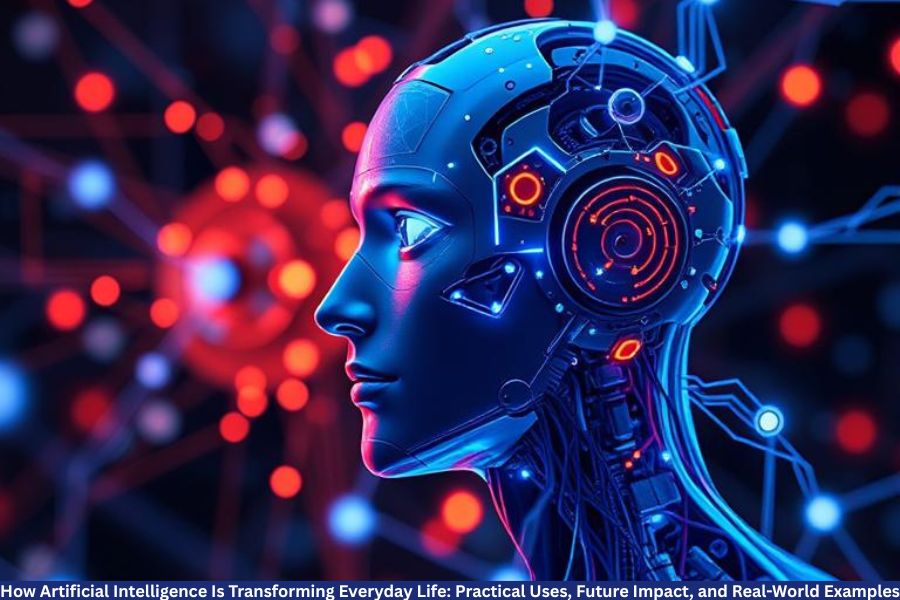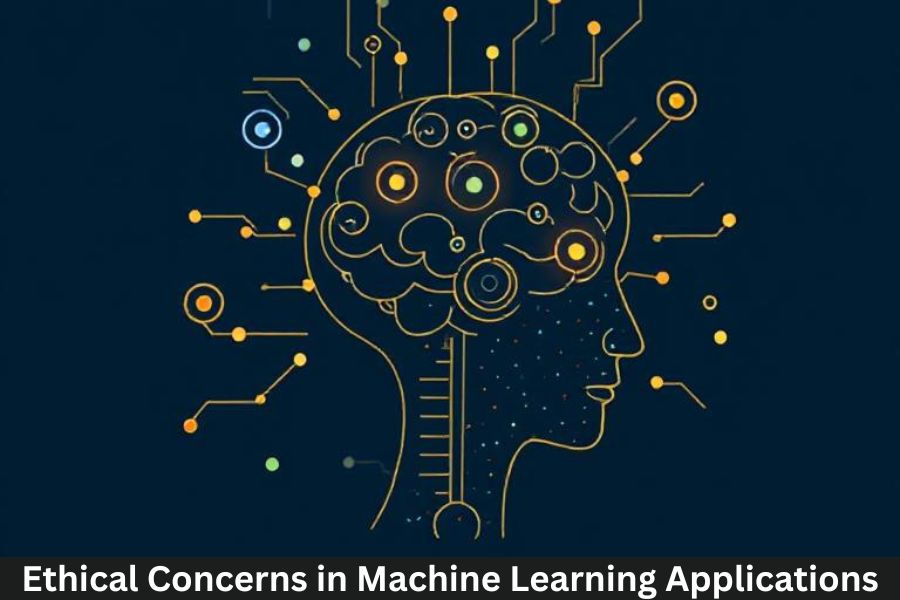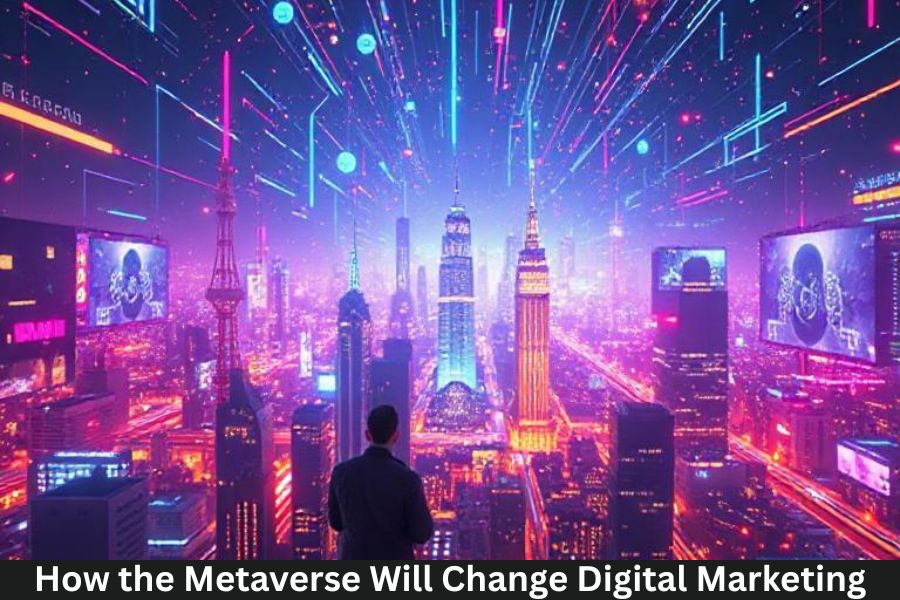Artificial Intelligence (AI) isn’t just a buzzword anymore—it’s a reality shaping how we live, work, and even relax. From the way we shop online to how we communicate, AI has become the invisible power streamlining our everyday life. But how deep is its influence? Let’s break it down point by point.
What Is Artificial Intelligence?
In simple terms, Artificial Intelligence is the ability of machines to mimic human intelligence. Think of it as teaching computers to “think,” “learn,” and “decide” like us. AI can analyze data, solve problems, and even predict outcomes. Over time, AI has evolved from basic automation into advanced systems like self-driving cars and natural language processing.
Who Is the Father of AI?
When discussing AI, one name always comes up—John McCarthy, widely known as the father of Artificial Intelligence. In 1956, he coined the term “Artificial Intelligence” and helped lay the foundation for machine learning, reasoning, and computational logic. Without his pioneering work, Siri, Alexa, and even Google’s smart algorithms wouldn’t exist today.
Why AI Matters in Everyday Life
AI has shifted from being a futuristic dream to an everyday necessity. It’s no longer about robots taking over the world—it’s about making life simpler. Whether it’s your phone unlocking with your face, Netflix suggesting your next binge-worthy show, or Google Maps finding the fastest route, AI is always working behind the scenes.
What Are 5 Uses of AI in Daily Life?
- Smart Assistants – Voice-controlled helpers like Siri, Alexa, and Google Assistant make daily tasks easier, from setting reminders to controlling smart homes.
- Healthcare – AI-powered systems analyze scans, predict diseases, and even recommend treatments.
- Finance & Banking – Fraud detection, AI chatbots, and automated trading all make managing money safer and easier.
- E-commerce – Ever wondered how Amazon knows what you want before you do? AI recommendation engines analyze your shopping habits.
- Entertainment – Platforms like Netflix, Spotify, and YouTube use AI to suggest content tailored just for you.
How AI Is Changing Communication
Remember waiting hours for customer support? Now, AI chatbots answer in seconds, solving issues 24/7. Translation tools like Google Translate, powered by AI, allow us to break language barriers instantly, making global communication smoother.
AI in Transportation
AI is revolutionizing travel. Self-driving cars may still be in the testing phase, but AI is already managing traffic lights, predicting traffic jams, and making navigation apps like Google Maps smarter and faster.
AI in Education
AI-powered apps personalize learning, adjusting content to a student’s pace. Imagine having a tutor who never gets tired—that’s what AI learning platforms are doing. Researchers also use AI tools to process vast amounts of academic data quickly.
AI in Healthcare
Doctors are using AI to analyze medical images, predict patient risks, and even assist in surgeries. Virtual AI assistants help patients book appointments and monitor their health remotely, saving time and lives.
AI and Social Media
Have you ever noticed how your Facebook or Instagram feed seems perfectly tailored to your interests? That’s AI at work. From recommending friends to moderating harmful content, AI ensures your social experience stays engaging and safe.
How Is AI Changing Our Lives Essay?
If you were writing an essay on AI’s impact, you’d cover how it simplifies daily tasks, enhances healthcare, transforms communication, and even redefines entertainment. But it also raises ethical concerns like job replacement and data privacy. In short, AI is a double-edged sword—bringing both opportunities and challenges.
How Will AI Change Daily Life in the Future?
Imagine waking up in a house where AI adjusts the room temperature, prepares your breakfast, and even drives you to work. The future holds smarter homes, automated workplaces, and even AI companions for the elderly or those living alone. The line between human life and AI assistance will blur even more.
How to Use AI for Everyday Life?
- Productivity: Tools like ChatGPT, Grammarly, and Notion AI help write, edit, and organize better.
- Health & Fitness: Apps like Fitbit and AI-powered diet planners track and guide healthier lifestyles.
- Finance: AI budgeting apps monitor expenses and suggest saving strategies.
By adopting these tools, you can make life more efficient and stress-free.
Pros and Cons of AI in Daily Life
Pros:
- Increases convenience and productivity
- Enhances healthcare and education
- Saves time with automation
Cons:
- Raises privacy and data security concerns
- May replace some human jobs
- Risk of overdependence on technology
Conclusion
Artificial Intelligence is no longer a futuristic concept—it’s a daily reality. From communication and healthcare to shopping and entertainment, AI is making life easier, faster, and more efficient. At the same time, it’s important to balance its benefits with awareness of its risks. The future of AI isn’t about replacing humans—it’s about working alongside us to create smarter living.
FAQs
1. What are examples of AI in daily life?
Smart assistants, online shopping recommendations, chatbots, and fitness apps are all examples.
2. Can AI replace human jobs?
Yes, in some industries, AI automates tasks, but it also creates new opportunities in tech and innovation.
3. Is AI safe for everyday use?
Mostly yes, but concerns about data privacy and misuse remain.
4. How can beginners start using AI tools?
Try simple apps like Grammarly, Siri, or Google Assistant to explore AI in everyday tasks.
5. Will AI become smarter than humans?
AI is advancing rapidly, but it lacks emotional intelligence and creativity—traits unique to humans.




I don’t think the title of your article matches the content lol. Just kidding, mainly because I had some doubts after reading the article. https://accounts.binance.com/register-person?ref=IHJUI7TF
Your article helped me a lot, is there any more related content? Thanks! https://accounts.binance.info/uk-UA/register?ref=XZNNWTW7
Thanks for sharing. I read many of your blog posts, cool, your blog is very good. https://www.binance.com/hu/register?ref=IQY5TET4
I don’t think the title of your article matches the content lol. Just kidding, mainly because I had some doubts after reading the article. https://www.binance.com/en/register?ref=JHQQKNKN
Thanks for sharing. I read many of your blog posts, cool, your blog is very good.
Can you be more specific about the content of your article? After reading it, I still have some doubts. Hope you can help me.
Thanks for sharing. I read many of your blog posts, cool, your blog is very good. https://accounts.binance.com/en/register?ref=JHQQKNKN
Your point of view caught my eye and was very interesting. Thanks. I have a question for you. https://www.binance.com/en/register?ref=JHQQKNKN
Can you be more specific about the content of your article? After reading it, I still have some doubts. Hope you can help me. https://accounts.binance.info/zh-TC/register-person?ref=DCKLL1YD
Thank you for your sharing. I am worried that I lack creative ideas. It is your article that makes me full of hope. Thank you. But, I have a question, can you help me? https://accounts.binance.info/sv/register-person?ref=GQ1JXNRE
Thank you for your sharing. I am worried that I lack creative ideas. It is your article that makes me full of hope. Thank you. But, I have a question, can you help me?
Thanks for sharing. I read many of your blog posts, cool, your blog is very good. https://www.binance.info/register?ref=IXBIAFVY
I don’t think the title of your article matches the content lol. Just kidding, mainly because I had some doubts after reading the article.
Thank you for your sharing. I am worried that I lack creative ideas. It is your article that makes me full of hope. Thank you. But, I have a question, can you help me? https://accounts.binance.com/ka-GE/register-person?ref=ILE8IH9H
Thanks for sharing. I read many of your blog posts, cool, your blog is very good. https://www.binance.info/uk-UA/register?ref=XZNNWTW7
Your point of view caught my eye and was very interesting. Thanks. I have a question for you.
I don’t think the title of your article matches the content lol. Just kidding, mainly because I had some doubts after reading the article. https://www.binance.com/register?ref=IXBIAFVY
Your point of view caught my eye and was very interesting. Thanks. I have a question for you.
Can you be more specific about the content of your article? After reading it, I still have some doubts. Hope you can help me.
Your article helped me a lot, is there any more related content? Thanks! https://accounts.binance.info/cs/register-person?ref=OMM3XK51
Thanks for sharing. I read many of your blog posts, cool, your blog is very good.
Your point of view caught my eye and was very interesting. Thanks. I have a question for you.
Your point of view caught my eye and was very interesting. Thanks. I have a question for you.
Your article helped me a lot, is there any more related content? Thanks!
Can you be more specific about the content of your article? After reading it, I still have some doubts. Hope you can help me.
Your point of view caught my eye and was very interesting. Thanks. I have a question for you.
I don’t think the title of your article matches the content lol. Just kidding, mainly because I had some doubts after reading the article.
Thanks for sharing. I read many of your blog posts, cool, your blog is very good.
Your point of view caught my eye and was very interesting. Thanks. I have a question for you. https://www.binance.com/sl/register?ref=I3OM7SCZ
Your point of view caught my eye and was very interesting. Thanks. I have a question for you.
Your article helped me a lot, is there any more related content? Thanks!